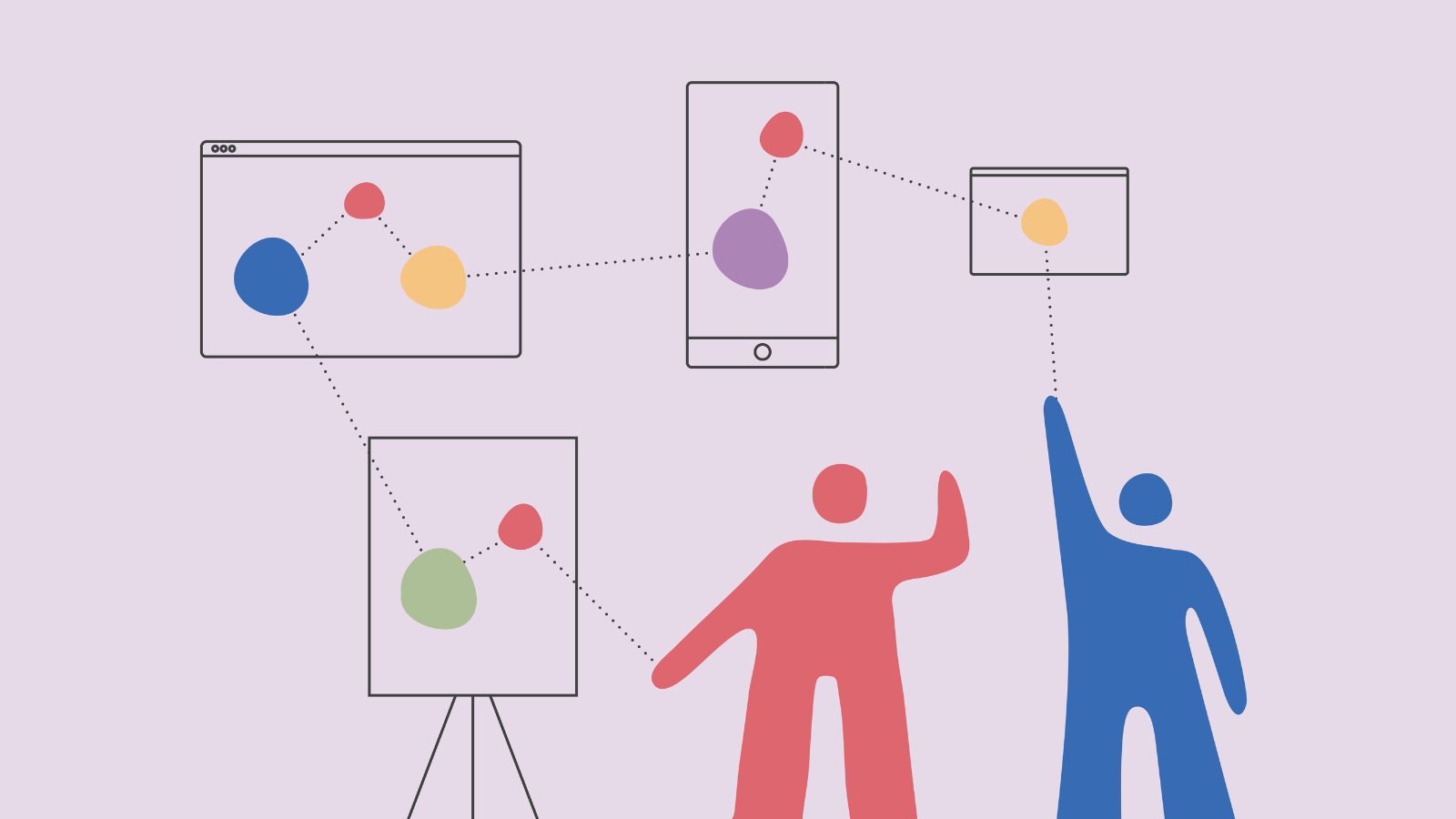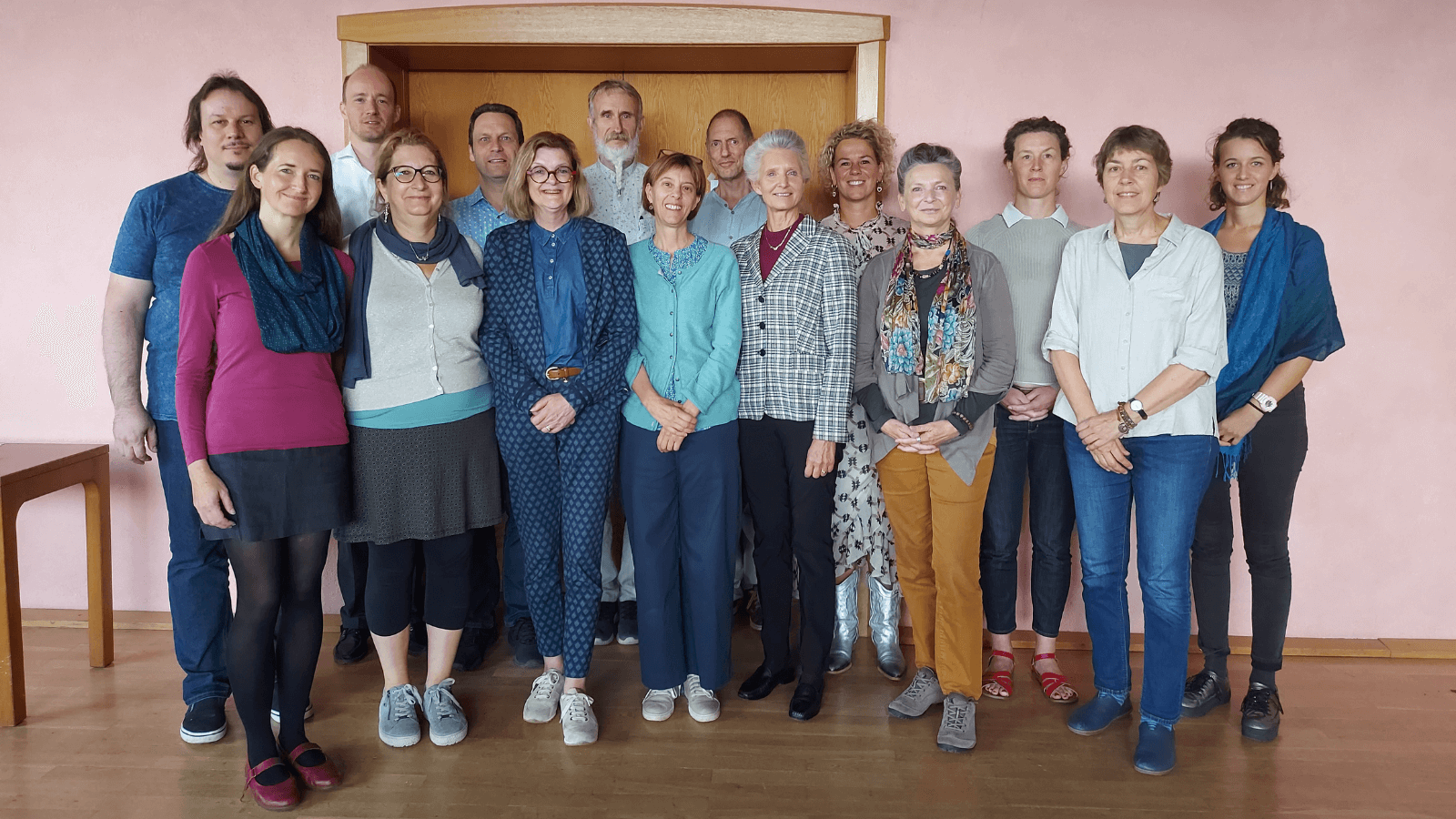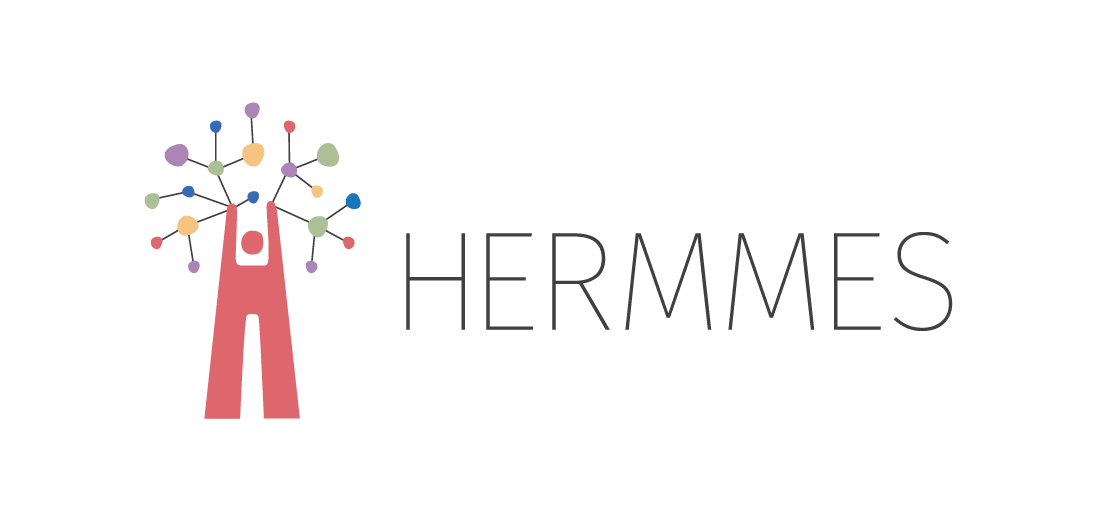
- This event has passed.
Full Partners Meeting: HERMMES partners form working groups
September 9, 2022 @ 12:30 - September 11, 2022 @ 12:30

Basis for successful partnership is in stable relationships
Freie Hochschule hosted the first live partners’ meeting in Stuttgart from 9th to 11th September 2022. During the meeting, partners shared with each other their professional background, motivation to join the partnership, and the main expectations of the project. The meeting agenda full of artistic activities, such as land art and eurythmy, helped build a cooperative atmosphere as the basis for further work. In the three years ahead, the partners will work together closely, and this meeting served as a valuable opportunity for networking and team building.
Curriculum for media education sets the foundation for the rest of the project results
Next to the development of the project’s website, the HERMMES curriculum for media education will be developed. The Curriculum Working Group is composed of experts from ECSWE, IASWECE and Federation of Flemish Steiner Schools, with substantial input from the Alanus University and the Freie Hochschule Stuttgart. During this meeting, all partners mapped the existing media education curricula that will serve as inspiration. Partners also agreed that the HERMMES curriculum must provide a framework for successful media education, be adaptable to different national settings, and have a collection of good practices for teachers and parents. In the school year 2023–24, two partner schools — Wittering.nl and Scuola Novalis — will pilot the curriculum and provide feedback.
School policy guidelines and trainings will serve teachers and parents
To successfully implement the HERMMES curriculum, partners have identified two basic prerequisites — adequate school policies and trained teachers and parents. The Norwegian Steiner Parents’ Association leads the working group on school policy guidelines for media education. The group will focus on collecting basic principles of holistic media education that are to be communicated between all educational stakeholders, including parents, teachers, school leaders and policy makers. Led by Elewa, the Trainings Working Group will aim to provide continuous and practical support to teachers and parents on how to best implement the curriculum in their own classrooms and homes.
Project that builds media maturity and resilience in the digital age
From age 0 to 21, the learning processes of children and young people differ tremendously. Thus, the HERMMES project aims to support teachers and parents in providing media education that follows this development. The goal of the HERMMES partnership is that at the end of their school career, pupils are media mature. They should be able to use the full range of analogue and digital media for their own education, participation in civil society and the labour market.

Participants of the first live HERMMES meeting
